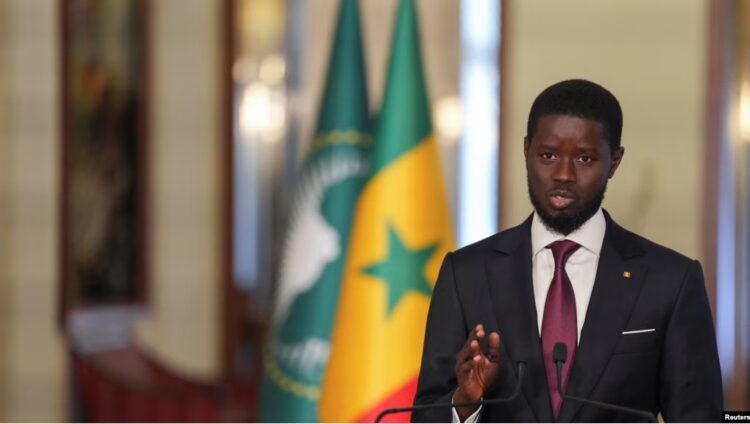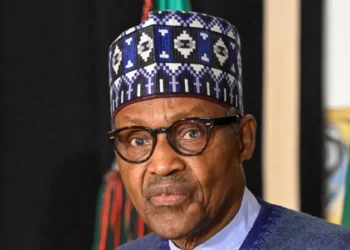In a historic decision, the Senegalese government has announced the closure of all French military bases within its borders, marking a significant shift in its foreign policy and military alliances. This move comes as the nation commemorates the 80th anniversary of the tragic Thiaroye massacre, a dark chapter in Senegal’s history during which French colonial forces brutally suppressed a protest by Senegalese Tirailleurs, African soldiers who fought for France in World War II.
A Long-Standing Relationship Under Strain
France has maintained military bases in Senegal since its independence in 1960, a vestige of the colonial era. These bases were initially established to ensure regional stability and safeguard French interests in West Africa. However, in recent years, there has been growing discontent among Senegalese citizens over the continued presence of foreign troops, which many perceive as a symbol of neo-colonialism.
President Macky Sall’s administration cited sovereignty and a desire to reassert control over national security as the primary reasons for the decision. “This is a moment for Senegal to honor its history and pave the way for a future defined by self-determination and dignity,” said a government spokesperson during the announcement.
The Shadow of Thiaroye
The decision is deeply symbolic, coinciding with the 80th anniversary of the Thiaroye massacre. On December 1, 1944, Senegalese soldiers returning home after fighting for France in World War II protested at the Thiaroye military camp near Dakar, demanding overdue wages and fair treatment. French colonial authorities responded with lethal force, killing dozens of unarmed soldiers.
For decades, the massacre was a sensitive subject, rarely discussed openly. However, recent efforts by historians, activists, and artists have brought it into the national consciousness, fueling calls for justice and a reevaluation of Senegal’s historical relationship with France.
Regional Implications
Senegal’s decision reflects a broader trend in Francophone Africa, where countries like Mali, Burkina Faso, and Niger have also taken steps to reduce French influence in their affairs. This trend has been bolstered by the rise of pan-Africanist movements and a growing focus on forging alliances with non-Western powers, such as China and Russia.
The withdrawal of French forces is expected to have significant geopolitical ramifications. While Senegal has assured its citizens and neighboring countries of its commitment to regional security, the move raises questions about the future of counter-terrorism operations in the Sahel, a region plagued by jihadist insurgencies.
A Turning Point for Senegal
For many Senegalese, the closure of French military bases is not just a political decision but a powerful statement about reclaiming their nation’s sovereignty. Analysts suggest that this move could redefine Senegal’s role on the African continent and in global geopolitics.
As the nation reflects on the legacy of the Thiaroye massacre, the closure of French bases is seen by many as a long-overdue step toward healing historical wounds and building a future rooted in independence and respect for Senegal’s rich cultural and political heritage.
The anniversary of Thiaroye now stands as a reminder of the resilience and sacrifices of Senegal’s people, as the nation moves forward into a new chapter of self-determination.









